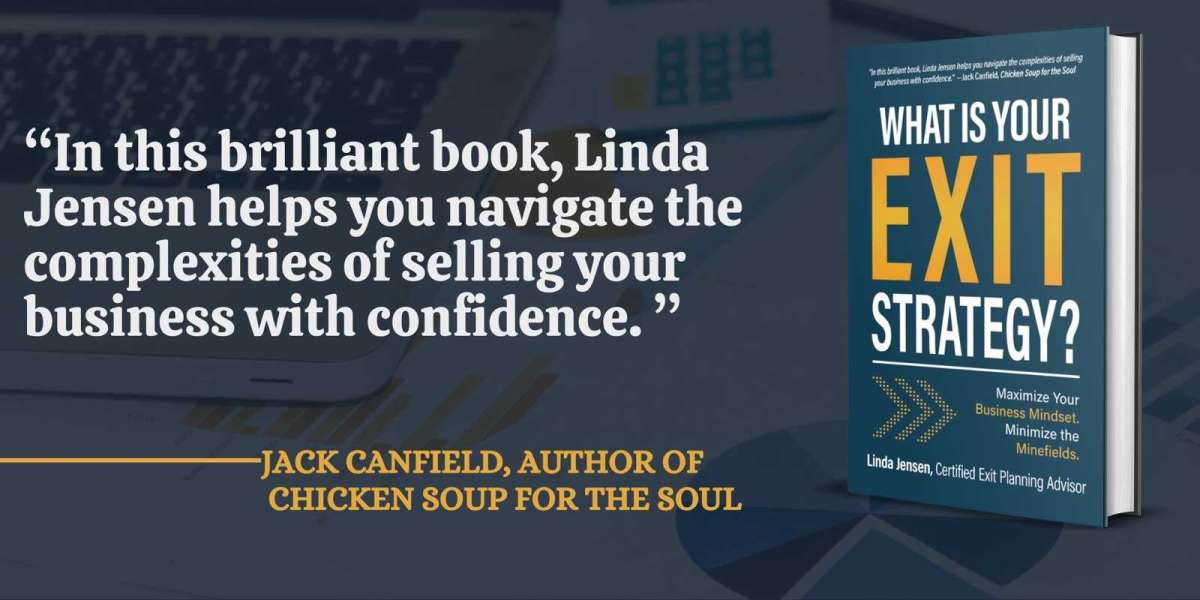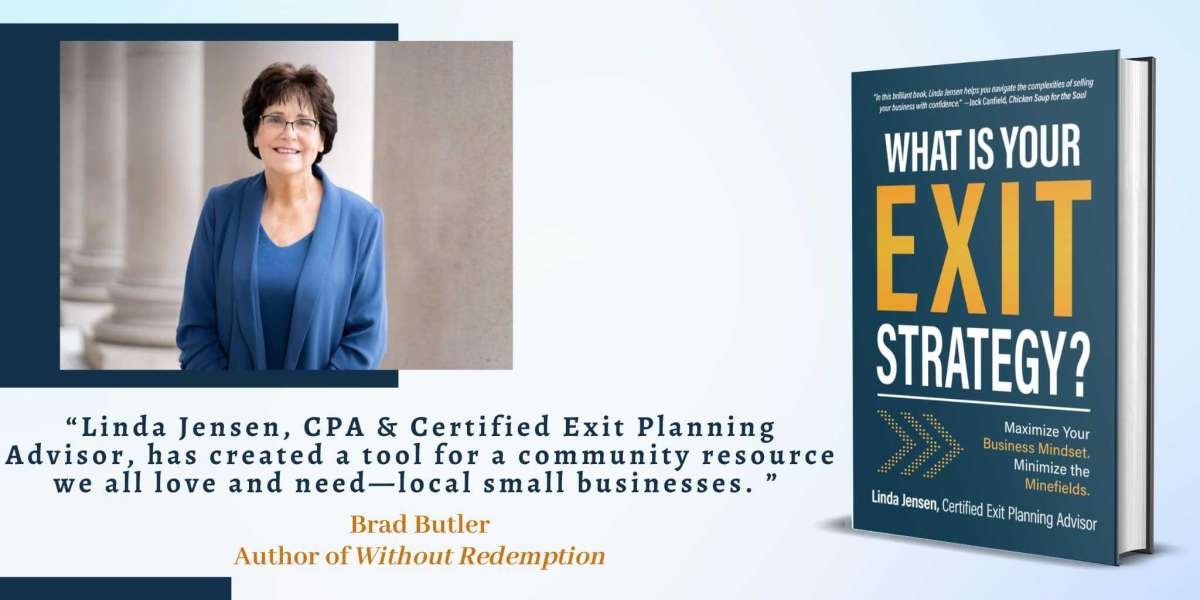Selling a business is often the culmination of years—if not decades—of hard work. But what happens after you walk away? Many business owners find themselves unprepared for life post-sale, struggling with identity loss, lack of purpose, and even regret. In fact, a large percentage of entrepreneurs feel dissatisfied within a year of selling their company.
Why? Because selling isn’t just a financial decision—it’s an emotional and psychological transition. If you don’t plan for what comes next, you may find yourself facing an unexpected void.
Losing More Than a Business: The Identity Shift
For many entrepreneurs, their business is more than just a source of income—it’s a core part of who they are. The day-to-day challenges, the sense of leadership, and the fulfillment of building something meaningful all shape their identity. Once that’s gone, the question becomes: Who am I without my business?
Business exit strategists, MA advisors, and executive coaches all agree—the most successful exits happen when owners have a clear vision for their post-sale life. Without this, entrepreneurs may:
• Hesitate to accept good offers because they aren’t emotionally ready to step away.
• Struggle to fill their days with meaningful activities, leading to restlessness.
• Experience regret as they watch their business change under new leadership.
Planning for What’s Next: Avoiding the Post-Sale Slump
Many business owners assume that retirement, travel, or spending time with family will be enough to keep them fulfilled. But after years of building, managing, and leading, they often miss the challenge, structure, and purpose their business provided. In some cases, this lack of direction can even lead to depression or health issues.
So, how do you ensure your post-business life is as fulfilling as your entrepreneurial journey? Consider these key steps:
• Discover Your Next Purpose – What excites you beyond running a business? Consulting, philanthropy, investing, mentoring, or starting something new can provide a sense of fulfillment.
• Create a Structured Routine – Having unlimited free time may sound appealing, but too much freedom can lead to aimlessness. Define how you’ll spend your time meaningfully.
• Build a Strong Network – Connect with other former business owners, advisors, or executive coaches who have successfully navigated this transition. Their insights can help ease your adjustment.
Real-World Lessons: Letting Go the Right Way
Some entrepreneurs struggle to relinquish control, even when the time is right. Take, for example, the owner of an engineering firm who, at 87 years old, still made every decision. His reluctance to step aside frustrated employees, prevented growth, and created an uncertain future for the company.
In contrast, an Ohio farm family has mastered the art of transition. By the time each new generation turns 35, leadership roles are passed down, and the older generation moves into advisory positions. The result? A thriving, multi-generational business that continues to flourish.
Will Your Exit Be Financially Secure?
Beyond emotional readiness, financial security is a major concern for many business owners. Since much of their wealth is tied up in their company, they must ensure their exit strategy provides long-term financial stability. Key questions to ask include:
• Will my sale proceeds support my desired lifestyle?
• How should I invest for long-term financial security?
• What are the tax implications of my exit strategy?
Working with financial planners and exit strategy professionals well in advance can help ensure a smooth and financially sound transition.
Embracing Change and Moving Forward
Transitioning out of business ownership is a major life change, but with the right mindset and preparation, it can be an exciting new chapter. Clinging to control out of fear of the unknown can prevent growth—not just for your business, but for yourself. Instead, see this as an opportunity to redefine your legacy and continue making an impact in new ways.
Your business may no longer be yours, but that doesn’t mean your influence disappears. Whether through mentoring, philanthropy, or new ventures, you can shape your next chapter on your own terms.
The Key Takeaway
Don’t wait until after you sell to think about what’s next. The most successful business exits are the ones that are planned with the future in mind. Whether your goal is financial security, a lasting legacy, or a smooth transition, preparation is the key to exiting with confidence.
Need expert guidance for your exit strategy? Contact us today for personalized support in planning your next move.








